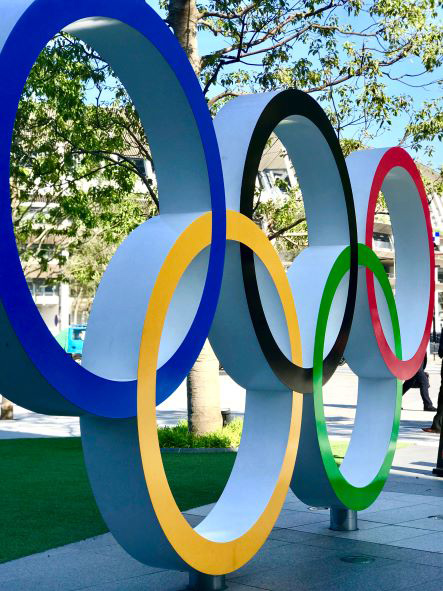
[Flash] When Ted Lasso Mentored the Mentor
| I’m obsessed with the Apple TV show Ted Lasso, the story of a gregarious, sometimes goofy, American football coach who is recruited to coach soccer in England (despite his lack of knowledge of the sport).
This week’s episode involved Coach Lasso helping the team’s captain Isaac McAdoo get his mojo back. Isaac had been perpetually berating his team for their poor performance, blaming them, and no longer enjoying the game. Coach Lasso enlisted the recently retired team captain Roy Kent to mentor Isaac, the new team captain. But Roy is a curmudgeon who habitually sneers and scoffs at any whiff of inconvenience. Begrudgingly he agreed to help once. Roy brought Isaac to a neighborhood soccer game to remind him that soccer is a game they both played as kids because it was fun… even when they got their feelings hurt. “[Forget] your feelings, [forget] your overthinking, [forget] all that b.s. Go back out there and have some [freaking] fun!” Roy bellowed at Isaac. Isaac did just that, and Roy unexpectedly discovered the satisfaction of making a difference. Strategically, while Roy was mentoring Isaac, Coach Lasso was mentoring Roy. He hoped Roy would join the team to mentor all the soccer players, but he knew he couldn’t convince Roy. Roy needed to convince himself. Typically when people resist mentoring others, it’s because they don’t know why or how. Roy didn’t know why he should care, if his mentoring would matter, or how to mentor… until he actually mentored Isaac. When you want someone to mentor you, create an opportunity for them to experience mentoring, and then allow them to discover for themselves the joy of making an impact. How?
If you want someone’s mentoring, you might have to mentor them to mentor you! © 2021. Ann Tardy and Mentor Lead. www.mentorlead.com |







